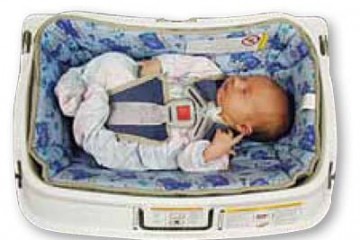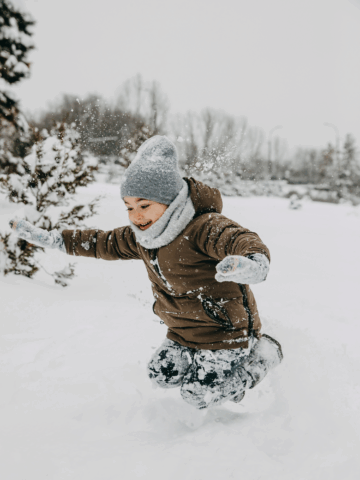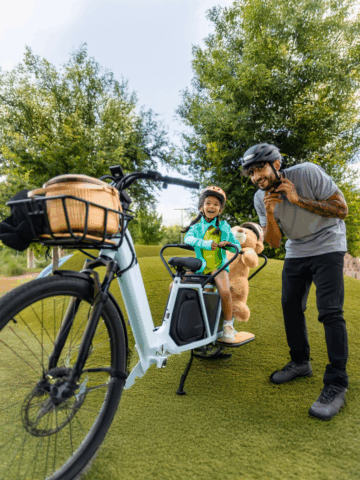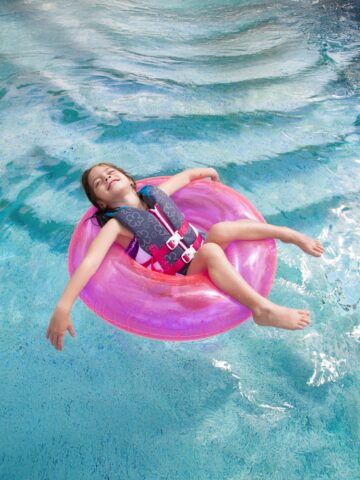Choosing the right car seat and installing it correctly can be confusing enough, but imagine the challenges that mount for families of children with special needs.
Traditional store-bought car seats may not work for children with certain conditions, and parents often must turn to specialty options that can be expensive with limited options.
“A lot of the families of patients with special needs will begin to see that and feel so overwhelmed,” says Elizabeth Perez, a CHOC Children’s community educator.
Parents and guardians should never attempt makeshift accommodation for children with special needs. Instead, Perez and her colleagues in CHOC’s Community Education department can help families in these unique circumstances navigate the process to select and acquire a car seat that fits their needs.
“Once we get that call, we meet with the family,” Perez says. “They will bring their seats and their vehicle, and we work to see what kind of seat they’ll need.”
Community educators can also help the family, as well as their clinicians and social workers, write letters to their health insurance provider to seek assistance for the family in purchasing the special car seats or accessories, which can be very expensive, Perez says.
Many conditions might make choosing a car seat more complicated, and require parents to find specially made seats, she says.
For example, children with cerebral palsy may have low muscle tone and trunk control and will have limited and less affordable options once they reach the upper weight limits of standard car seats.
Children with respiratory problems other conditions that prevent them from sitting up can face challenges as well, Perez says. In these cases, families might rely on “car beds,” which allow passengers to securely lie down on their backs, stomach or sides.
Children with behavioral challenges, autism, attention deficit hyperactivity disorder or cognitive impairment may also need special restraints in the car if they cannot stay secured in a car seat and risk distracting the driver. In these cases, harness system or travel vests might be helpful.
Also, children missing limbs or those wearing spica casts that immobilize the lower body can need special accommodations.
Get more expert health advice delivered to your inbox monthly by subscribing to the KidsHealth newsletter here.
Get more safety and injury prevention tips from CHOC experts
More children are affected by injuries than all other childhood illnesses and diseases combined. Most of these injuries are predictable and preventable. Here’s how to keep your child safe.






